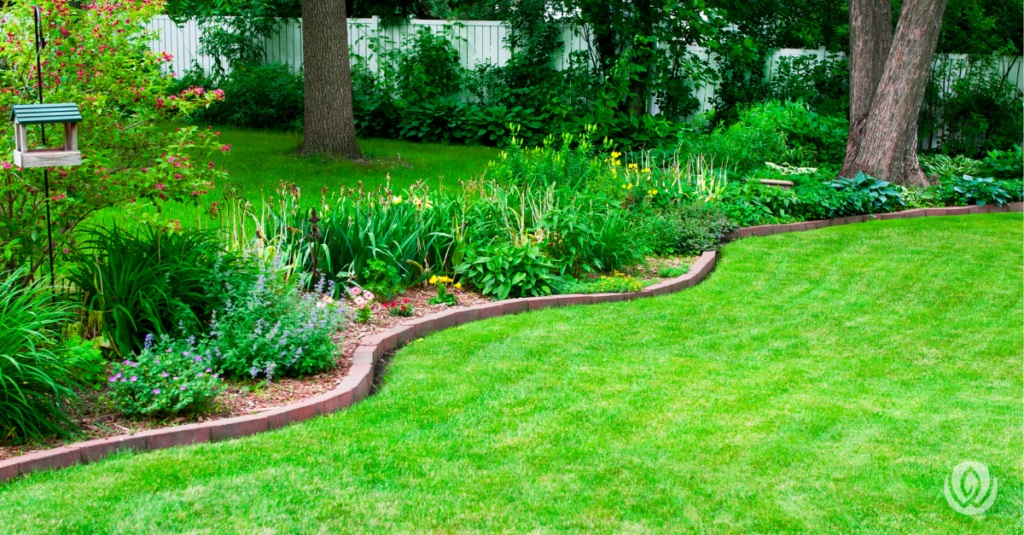
Spring lawn care is more than just routine maintenance. When the first hints of spring emerge, your lawn is ready to shake off its dormant state and return to its vibrant green glory.
But you must set the right foundation for a healthy, lush yard that will thrive throughout the growing season.
Whether you're a seasoned gardener or new to lawn maintenance, this checklist will walk you through everything you need to know to revive your yard this spring.
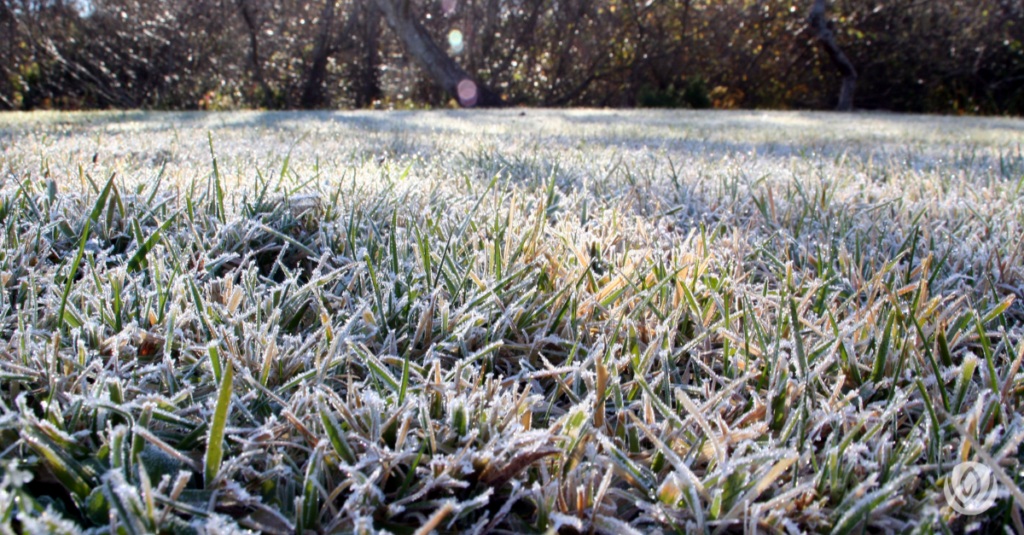
For homeowners in the DMV (DC, Maryland, and Virginia) area, timing is crucial for successful spring lawn care. While the urge to start working on your lawn might hit as soon as temperatures rise, it's essential to wait until conditions are right.
Generally, soil temperatures should consistently reach 50°F before beginning most spring lawn care activities. In the DMV region, this typically occurs in late February to early March.
Watch for these key signs that your lawn is ready for spring care:
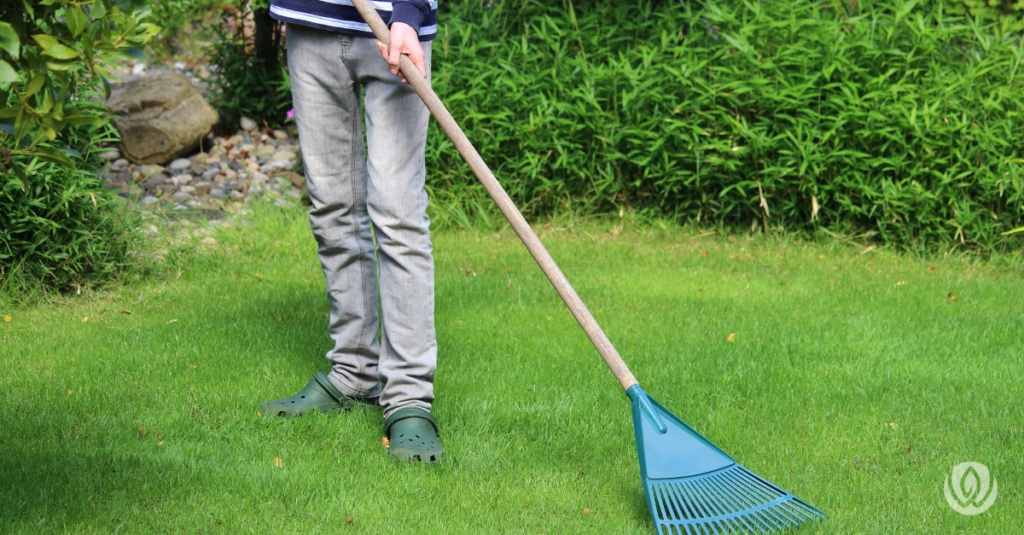
The first steps in your spring lawn care routine should focus on cleaning up winter's aftermath and preparing for the growing season ahead.
Start by removing any debris, fallen branches, and leaves that accumulated over winter. This prevents dead spots and allows sunlight to reach emerging grass blades.
Then, thoroughly rake to remove thatch—the layer of dead grass and organic matter that can suffocate your lawn. While some thatch is beneficial, anything more than ½ inch thick should be removed.
For your first mowing of the season, set the blade slightly lower than usual to remove dead grass tips and encourage new growth. However, be careful not to stress the grass by never cutting more than one-third of the grass blade length in a single mowing session.
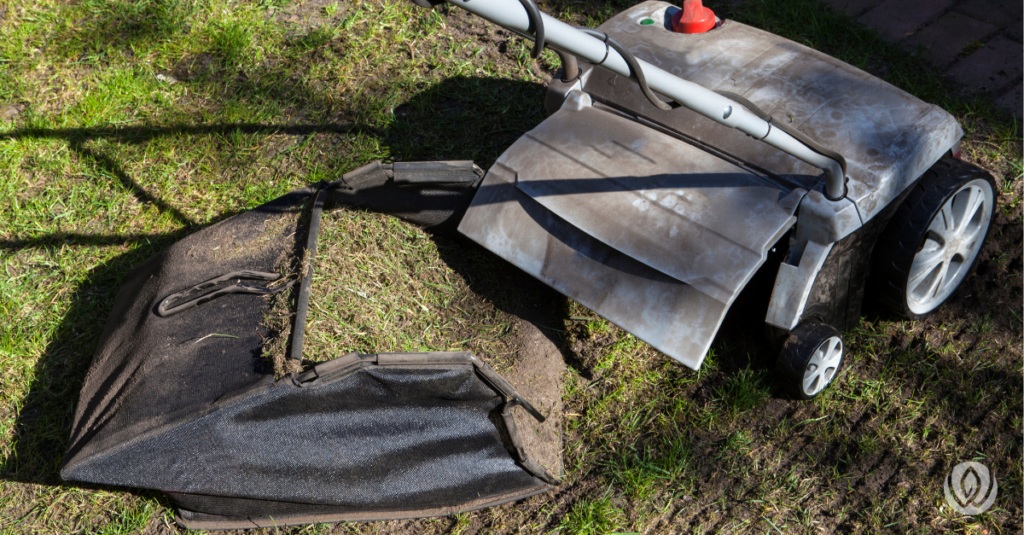
Once basic preparation is complete, focus on improving your soil's health.
Begin with soil amendments based on your soil test results. In the DMV area's typically clay-heavy soils, adding organic matter can significantly improve drainage and root development.
Core aeration is particularly beneficial in spring, especially for lawns that experienced heavy traffic or compaction over winter. The best timing for aeration is when your grass is in its active growth phase, typically mid-March to early April in our region.
For bare patches, overseeding is most successful when soil temperatures reach 55-65°F. Prepare seeding areas by loosening the top layer of soil and ensuring good seed-to-soil contact.
Check state laws before reaching for your fertilizer. For instance, Maryland law restricts fertilizer applications between November 16 and March 1, so time your seeding and feeding accordingly.
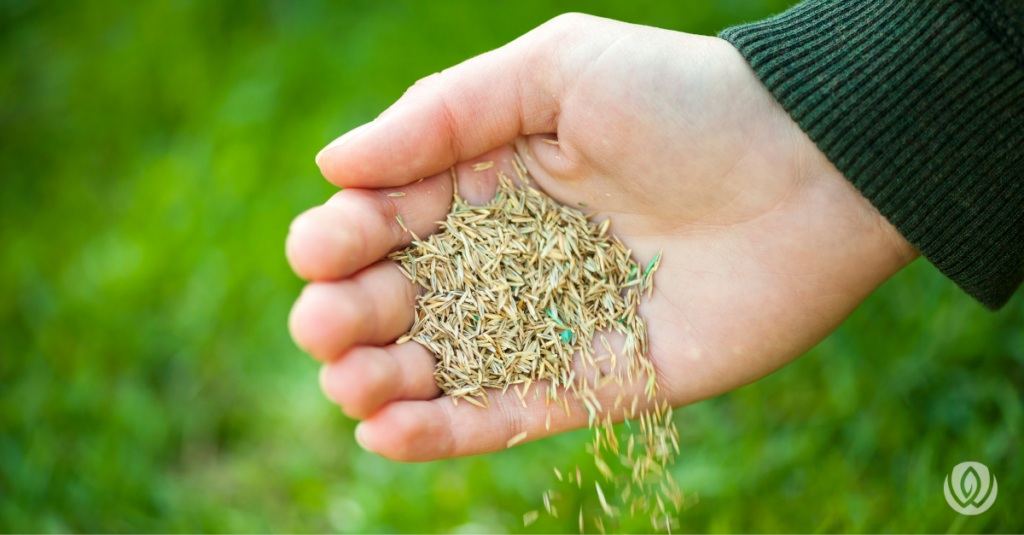
For the DMV area, tall fescue and Kentucky bluegrass are excellent cool-season grass choices for spring planting. These varieties establish well in our climate and provide good drought tolerance once established.
When seeding, use a spreader for even distribution and lightly rake seeds into the soil. Keep newly seeded areas consistently moist but not waterlogged. For established lawns, water deeply but infrequently to encourage deep root growth – aim for 1-1.5 inches of water per week, including rainfall.

Success in spring lawn care comes down to timing – knowing what tasks to tackle during each phase of the season ensures optimal results for your yard.
Here's a month-by-month guide to spring lawn maintenance:
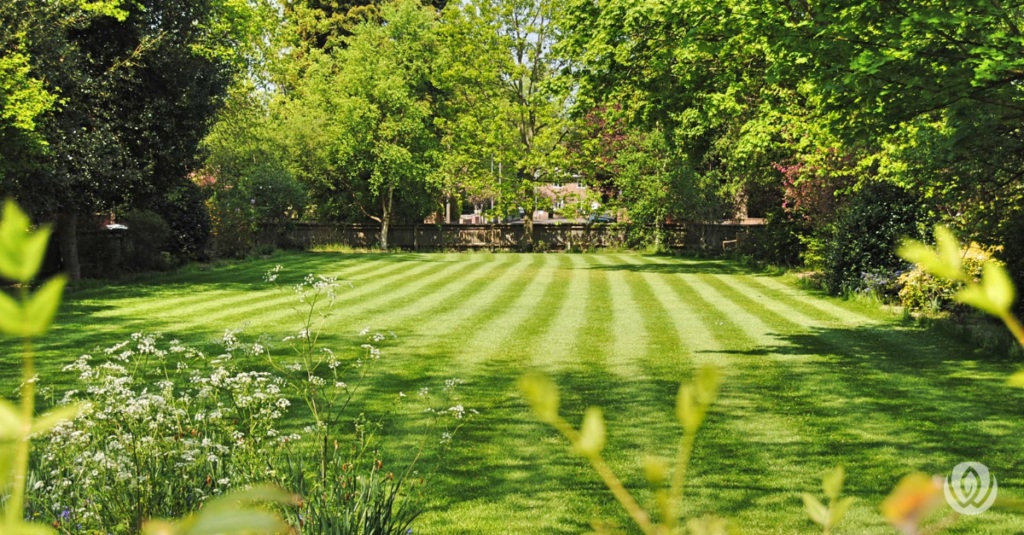
As you work through the checklist, these essential tips will help ensure your spring lawn care efforts yield the best possible results.
Getting the timing right can make or break your spring lawn care efforts. Your state’s laws may also affect your timing.
One of the biggest mistakes homeowners make is applying treatments blindly. A simple soil test can save you time and money by revealing exactly what your lawn needs and doesn't need.
Resist the urge to cut your grass too short in spring. Setting your mower blade too low can stress the grass and make it more susceptible to weeds and disease.
Save time by investing in quality tools and creating a maintenance schedule. For instance, a mulching mower eliminates the need for raking clippings, while installing a smart irrigation system can automate watering.
While many spring lawn care tasks are DIY-friendly, some situations warrant professional help. Complex problems like large dead patches, persistent pest issues, or major grading problems are often best handled by experts who can diagnose and treat issues efficiently.
A lush, green lawn is just one part of a beautiful outdoor space. Spring is the perfect time to update your landscape with fresh flowers, shrubs, and design elements. Check out these spring landscaping tips to complete your yard’s transformation.
A beautiful lawn starts with proper spring care and attention to timing. By following this guide, you'll be well on your way to a vibrant, healthy yard.
If prepping for spring has you thinking about bigger improvements to turn your backyard into a luxury outdoor oasis, LiveWell Outdoors is here to help.
Now is the perfect time to plan your dream backyard retreat—schedule a consultation today and discover how we can help you build the backyard of your dreams.
"*" indicates required fields
